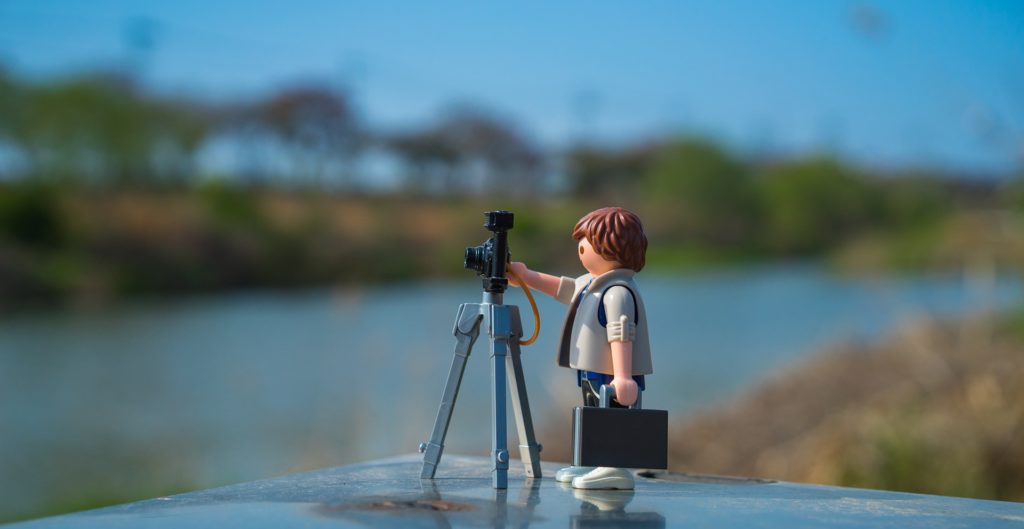 One of the best pieces of information I’ve ever received in a training had to do with providing feedback. The trainer, a highly experienced Project Manager, cautioned that we would all be well advised to describe only “what the camera sees.” The camera would see a time stamp on the clock, the participants in the room and the movements therein. For example, Mary, the manager of an eight person team, entered the room at 10:30 am, sat at the head of the table and spoke for five minutes. During that time, no one else spoke.
One of the best pieces of information I’ve ever received in a training had to do with providing feedback. The trainer, a highly experienced Project Manager, cautioned that we would all be well advised to describe only “what the camera sees.” The camera would see a time stamp on the clock, the participants in the room and the movements therein. For example, Mary, the manager of an eight person team, entered the room at 10:30 am, sat at the head of the table and spoke for five minutes. During that time, no one else spoke.
What it wouldn’t see, would be adjectives or opinion; such as, one of her employees, Bill, was disgusted by what Mary said and chose to undermine her by refusing to participate in the rest of the meeting.
By holding to the principle of only stating what the camera sees, it removes emotion and speculation that may or may not be true.
Like many of our other favorite nuggets, we have taught and shared this on numerous occasions. While it remains highly valuable in its original incarnation, I often think of it in another context; how other people perceive our behavior.
We always say that “no one wants to be the jerk at work” and we firmly believe this. I also believe that if people could see video footage of what they were doing, they would think twice before continuing with certain behaviors.
The first time this occurred to me was on a flight, returning home to Portland. A woman was yelling at her son about his missing retainer. As other passengers were settling in, she berated him with shocking language that one doesn’t usually hear from a loving mother to her son. Suddenly, the plane was completely quiet, with all attention turned to this surprising scene. No one seemed to know what to do or say, but you could feel the collective horror of the group. In that moment, I thought, if she saw a video of this, I am betting she would be completely shocked by what she said and how she sounded. My personal perception of her behavior was that she seemed over the edge and frankly, abusive. I am guessing she would have been as disturbed by the replay as we all were by the first take.
Since that time, I have watched others’ behavior (and honestly, had a couple of instances of my own) where I thought, had there been video footage, someone would have been appalled at what they saw.
Memory is a curious thing; as soon as an event occurs, we replay (and rewrite) it, making adjustments to what has taken place. We edit moments, change details and add information until (oftentimes) we are left with very little of what actually happened. Some of us make ourselves seem better on the replay, while others end up looking far worse. Having a video removes the inevitable changes that occur with time and shows, for better or worse, what actually happened.
It can be difficult to remain composed in certain situations, but for me, keeping in mind what the camera would see has helped immensely with my own self-management. It’s enough to have to live with a memory of bad behavior, but contending with the idea of a digital file that lives on in perpetuity? Well, I can muster additional self-control to avoid that.
I’m guessing you could, too.